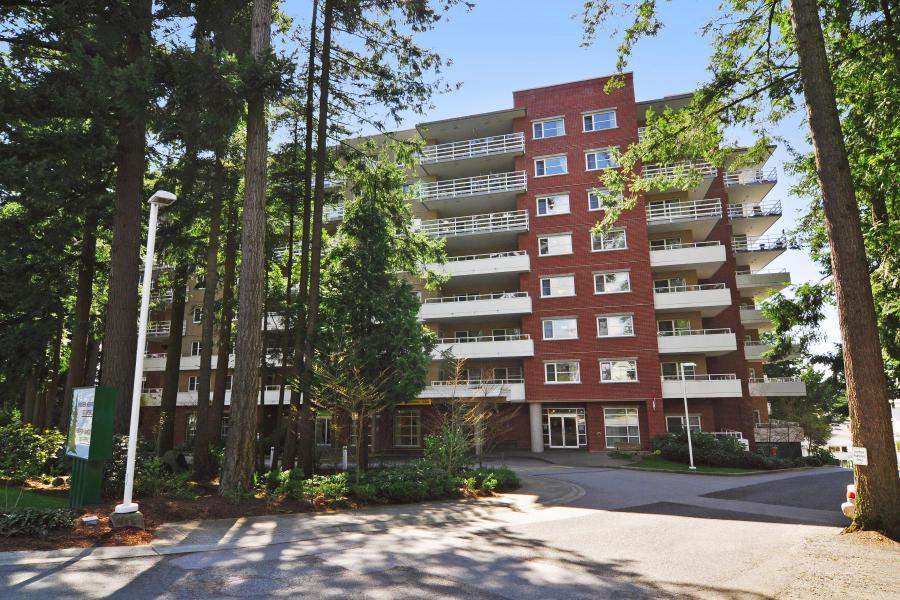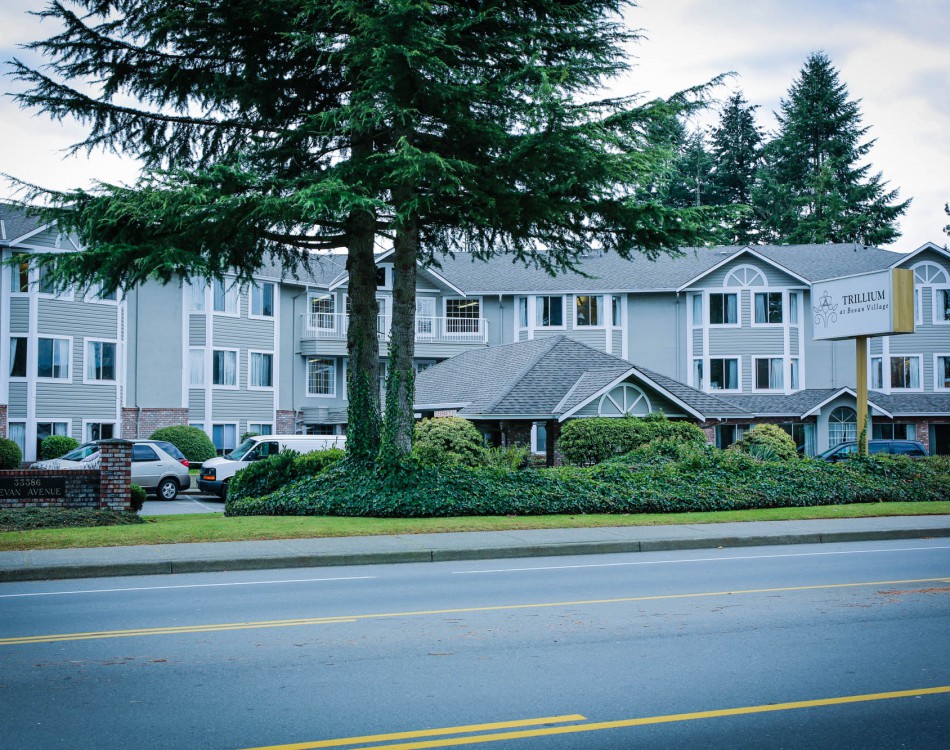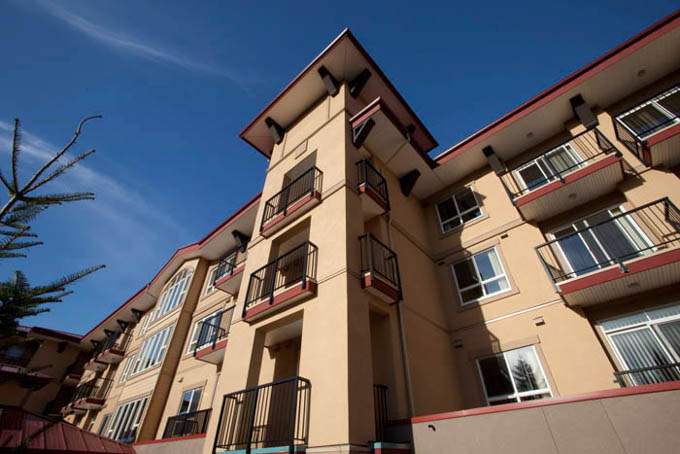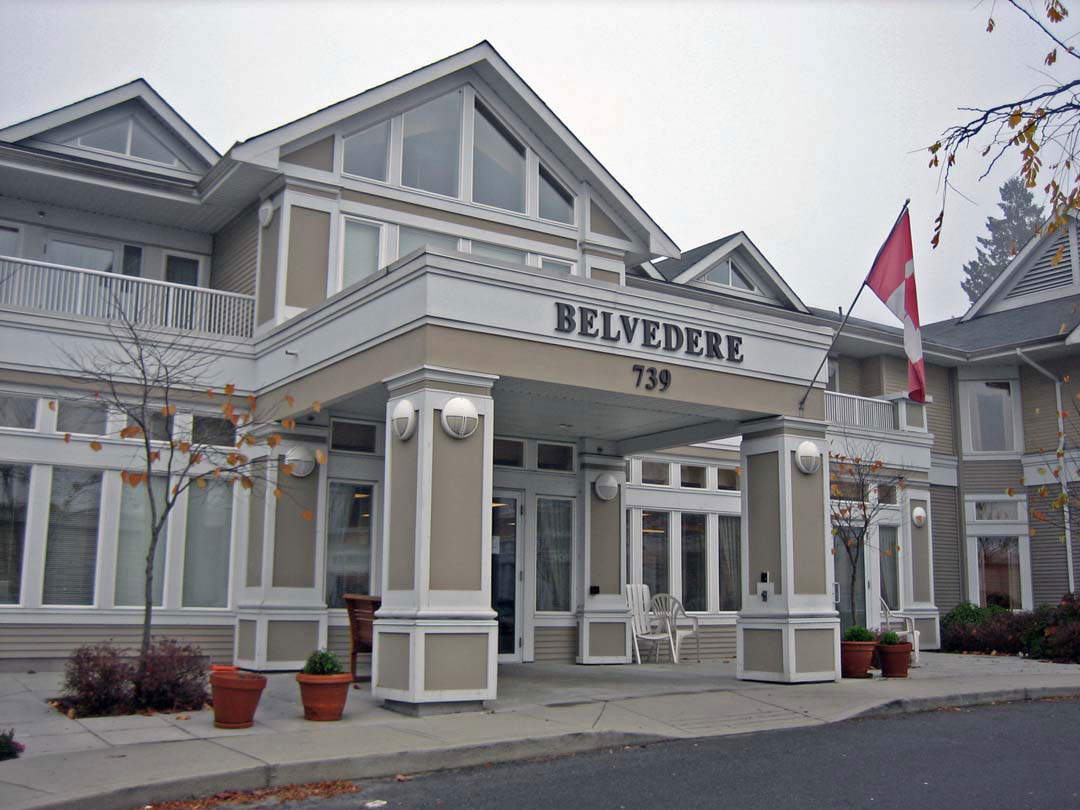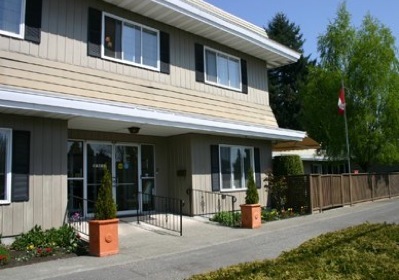Vancouver Retirement Homes & Communities
Vancouver offers 292 retirement homes and senior communities within the city and its surrounding areas. It is the largest city in British Columbia and is renowned for its unrivaled natural beauty and cultural diversity.
The Economist Intelligence Unit (EIU) awarded Vancouver as the world's "Most Liveable City" for eight consecutive years since 2002. The city was also recognized by Travel + Leisure magazine as the top city in Canada in its 2014 World's Best Awards, and by TripAdvisor as the Top Destination in Canada in their 2014 Travellers' Choice awards.
According to the 2011 census, Vancouver’s population was at 603,502, making it the eighth largest Canadian municipality. It is the most densely populated Canadian municipality, and the fourth most densely populated city with over 250,000 residents in North America.
British Columbia is experiencing the fastest growth rate of seniors in Canada. It is estimated that in 2015 there are 820,000 seniors living in BC, which is 17.5% of their total population of 4,681,748. Senior citizens reside in all corners of the province, with significant population clusters located in urban areas such as Vancouver.
The average monthly rent for standard spaces in Vancouver is $4,019. In the table below, which is taken from the 2015 Senior’s Housing Report of the Canada Mortgage and Housing Corporation (CMHC), you will see the average rent for the different types of senior housing units in Vancouver and overall average in BC:
| Average Rent of Standard Spaces by Unit Type in Vancouver, British Columbia | |||||
| Centre | Average | Semi Private & Ward | Bachelor | One Bedroom | Two Bedroom |
| Vancouver Coastal | $4,187 | *** | $2,832 | $4,277 | $6,107 |
| Vancouver | $4,019 | *** | $2,566 | $4,539 | $6,287 |
| Richmond | $2,966 | *** | *** | *** | *** |
| North/West Vancouver | $5,396 | *** | $5,169 | $4,992 | $6,626 |
| Vancouver Island/Central Coast | $2,987 | *** | $1,969 | $3,067 | $4,121 |
| Vancouver Island/Central Coast | $2,868 | *** | $2,014 | $2,941 | $3,863 |
The average monthly rent for independent living suites in British Columbia was $2,868 in 2015. Their growing seniors’ population caused an increase in demand for seniors’ housing. According to the above report, the average rent for one-bedroom and two-bedroom units were $2,941 and $3,863, respectively. Overall average rent for bachelor units was at $2,014 in 2015.
Independent Living in Vancouver
Vancouver offers senior residents several benefits of living in one of the best cities in the world – a mild climate, serene mountain and ocean sceneries, a wide range of restaurants for every taste and budget, diverse and unique neighborhoods, and a rich cultural life.
Even seniors who choose to live in independent living communities would require some form of assistance or support, although they will not need these round-the-clock. Some of the basic services provided by independent living retirement communities include housekeeping, meal preparation, medication reminders, and laundry. Additional assistance is also available when necessary.
Social interaction is one of the benefits of living in independent homes, allowing senior residents to meet and get together with other residents who share common interests. On the contrary, living in an independent home is also a good alternative if one wishes to live in isolation.
Assisted Living Communities in Vancouver
Assisted living homes are suited to seniors who want some level of independence, but require a greater level of support with their daily tasks. Assisted living accommodations come in various forms and sizes.
It could be a private dwelling that has several rooms and shared kitchen, dining, and living areas, or it may consist of a number of suites that have their own kitchenettes while residents share common visiting areas. Another type of assisted living facility offers a community setting, where there are different levels of care offered. Also called campus of care, this type of assisted living community is very convenient for seniors because they no longer need to relocate if their individual needs change.
Seniors moving to an assisted living facility may be assisted by a family member or trusted friend, along with a caseworker, in creating a personalized service assessment plan. This will be helpful in allowing the staff members and medical professionals of the senior community to fully understand the specific needs of their residents so they can monitor their progress and track their changing needs.
For senior individuals who are receiving publicly subsidized assisted living services, their monthly rate shall be based on their income (and the income of their spouse, if applicable), subject to a minimum and maximum monthly rate. The monthly rate is computed by multiplying the “after tax income” (as defined in the Continuing Care Fees Regulation) by 70%. For 2015, the minimum monthly rate for a single client receiving assisted living services is $906.80 per month.
For spouses who are living together in an assisted living unit, the monthly client rate will be computed based on the income of both spouses, subject to a minimum and maximum monthly rate.
The monthly rate will be recalculated if their living situation changes for any reason and if they are no longer living with their spouse. For 2015, the minimum monthly rate for a couple living together in an assisted living unit is $1,462.00 per month per couple. For more information on the maximum monthly rate, you may contact your health authority.
Long Term Care in Vancouver
Long term care residences are specifically designed for individuals who can no longer be cared for in their own homes or in an assisted living residence. These facilities provide 24-hour professional supervision and care within a safe and supportive environment.
Some of the characteristics of senior residents in long term care facilities are those who consistently show severe behavioral problems; individuals who are moderately or severely cognitively impaired; those who are physically dependent, have medical needs which require professional nursing care, and need a planned program to retain or improve their functional abilities; and those with clinical complications whose medical conditions require professional nursing care, monitoring, and/or specialized skilled care.
Services included in long term care residences are – standard accommodation; meals, including therapeutic diets prescribed by a physician and tube feeding; development and maintenance of a care plan; routine medical supplies; clinical support, such as rehabilitation and social work services, as specified in the care plan; physical, social, and recreational activities, such as exercise, music programs, crafts, and games; routine laundry service; general hygiene supplies, including soap, shampoo, toilet tissue, and other products required for use with facility bathing equipment; incontinence management; and other specialized service as needed by the residents which their service provider has contracted to provide.
To be eligible for residential care services, a senior individual should have been assessed to be in need of 24-hour professional nursing supervision and care which cannot be adequately met in their home or by their housing and health services; is gravely at risk by staying in their present living environment; has an urgent need for residential care services; has been assessed and treated for medical causes of disability and dependency that may have been remedial; has a caregiver who is no longer capable of providing proper care and support; will accept the first appropriate bed where their preferred facility or location could not be accommodated on admission; has consented to admission to the facility and agreed to occupy the bed within 48 hours of notification of the availability of the bed; and has agreed to pay their assessed rate and any additional optional charges for services, programs, or supplies that are not included as a benefit but are offered by the service provider. For more information on eligibility, you may check British Columbia’s website.
Once an elderly individual’s eligibility has been established, access to long term residential care services is on a priority basis. The client’s needs are considered, as well as existing supports and the urgency of the response required. Priority placement is in the long term facility where the appropriate bed is available.
If a senior receives publicly subsidized long term residential care services, their monthly payment for the cost of their housing and hospitality services will amount to a maximum of 80% of their after tax income. The monthly rate is computed based on their “after tax income” (as defined in the Continuing Care Fees Regulation) in one of two ways:
- If after tax income is less than $19,500 per year, the monthly rate is calculated as the after tax income less $3,900 and divided by 12 (Formula A). Note that the $3,900 deduction ($325 per month X 12 months) is set to ensure that most clients have at least $325 of income remaining per month after paying their monthly rate.
- If the after tax income is equal to or greater than $19,500 per year, the monthly rate is calculated as the after tax income multiplied by 80% and divided by 12 (Formula B).
The minimum monthly rate is adjusted each year based on changes to the Old Age Security/Guaranteed Income Supplement (OAS/GIS) rate as of July 1 of the prior year. For 2015, the minimum monthly rate for a client receiving long term residential care services is $991.20 per month.
For spouses sharing a room in a residential care facility who are both in receipt of the Guaranteed Income Supplement (GIS) benefit at the married rate, the monthly rate will be calculated based on their after tax income, which is subject to a minimum and maximum monthly rate. For 2015, the minimum monthly rate for a couple sharing a room and both in receipt of the GIS benefit at the married rate is $736.00 per month per person.
If the payment of your assessed monthly rate would cause you or your family serious financial difficulties, you may be eligible for a temporary rate reduction of your monthly rate.
Recreational Activities for Seniors in Vancouver
There is a wide variety of recreational programs and activities in Vancouver available for seniors to help them get involved and stay active, such as social events, health and wellness programs, outreach services, and cultural activities. There are several small, neighborhood-based centers and groups located all throughout the city that provide support and engagement opportunities to senior citizens. These centers and groups offer valuable resources to Vancouver seniors, providing services, such as peer counseling, outreach for isolated or home-bound seniors, and fall prevention programs. You may find seniors centers and groups through BC211 directory.
Outreach in Vancouver for Seniors
Vancouver citizens who are over 55 years of age are qualified to receive help within their home from a 411 Seniors Centre outreach counselor. 411 counselors are volunteers who have been interviewed, screened, and given extensive training. They are able to speak different languages, and are open to diversity.
An outreach counselor can help seniors apply for important programs, such as seniors' benefits, housing programs, and referrals for legal information. A counselor can also refer seniors to appropriate community services, such as advocacy groups who provide assistance for issues such as poverty, elderly abuse, and legal services. All requests are treated with confidentiality.
Programs and Support for Vancouver's seniors
According to the report prepared by Seniors Advocate, half of senior residents in British Columbia live on $24,000 or less per year and more than 50,000 seniors are living on $20,000 or less. Given the limited income of Vancouver's seniors, the city has been providing ongoing efforts to support families through programs and facilities to keep seniors active, engaged, and connected to the health services they need. Many seniors are recent immigrants, so there are significant language barriers. The city staff is also constantly working to provide greater access to services for these seniors and help their networks across all cultures.
Vancouver Medical Facilities
Vancouver senior communities provide a wide range of health and medical services, such as basic exercise and wellness programs, medical administration and supervision, and specialized dietary and mobility programs. In cases where the retirement homes are unable to provide the level of care requires, streamlined access to outside medical care services can be arranged.
Area hospitals with programs and expertise in caring for older patients are easily accessible. These hospitals include Vancouver General Hospital, Mount Saint Joseph Hospital, St. Paul’s Hospital, and Burnaby Hospital. Vancouver General Hospital offers community care services, such as group programs for seniors as well as occupational and physical therapy. Mount Saint Joseph Hospital has outpatient clinics, including a Falls and Fracture Prevention Clinic, Mental Health and Wellness Clinic, Thyroid Clinic, and Physiotherapy Outpatient Service.
Find Assisted Living in Vancouver
If you or your loved one is currently a resident of Vancouver, or is looking to move in this city, you are sure to find that this place offers so many services and amenities that will provide seniors a life rich in activities and enjoyment. Choosing the right senior home or assisted living residence can be an overwhelming decision, but with this comprehensive senior housing guide, an ideal retirement community is only a click away.
Explore the senior housing options in Vancouver!



